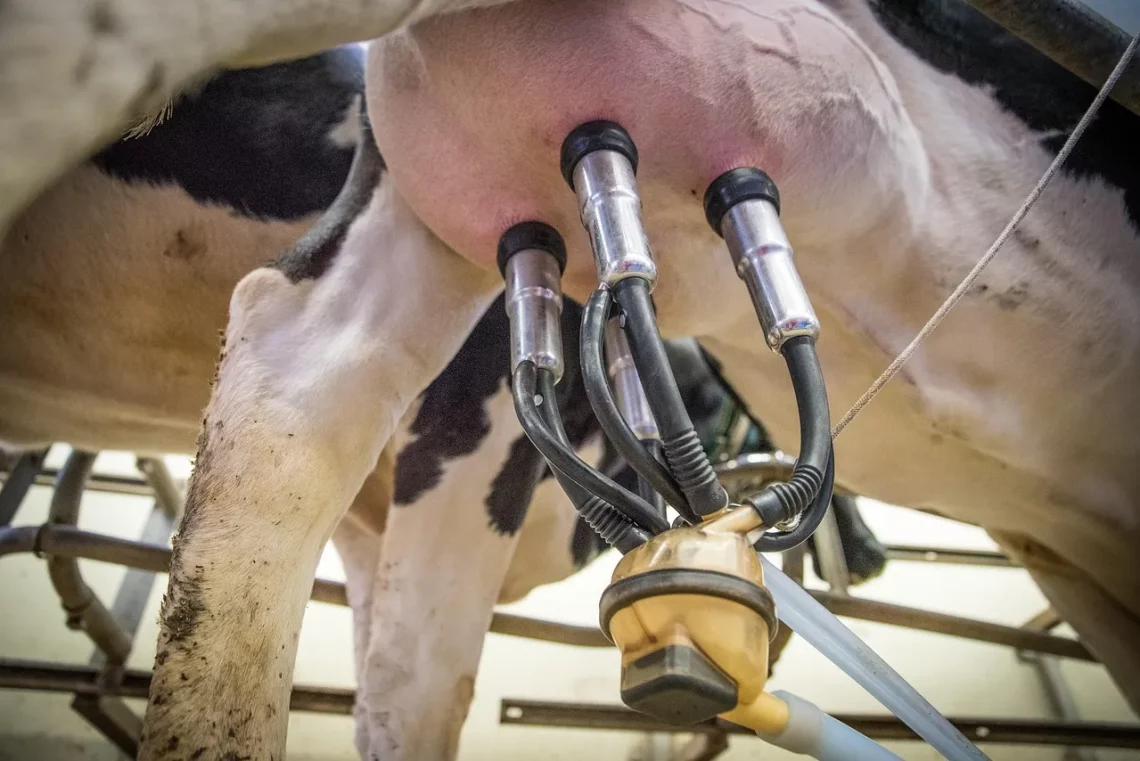
Can Dogs Drink Oat Milk? A Guide to Pet-Friendly Alternatives
Oat milk has surged in popularity in recent years, becoming a staple for many consumers who are looking for dairy alternatives. This plant-based option is not only lactose-free but also offers a creamy texture and a mild flavor, making it a favorite among those who are lactose intolerant or vegan. As pet owners increasingly seek to incorporate healthier options into their diets, the question arises: can dogs enjoy the benefits of oat milk too?
While dogs are primarily carnivorous, they can have a varied diet that includes some plant-based foods. However, not all human foods are safe for dogs to consume. With oat milk, many pet owners are curious about its nutritional profile and whether it poses any risks to their furry companions. Understanding the composition of oat milk and any potential allergens or additives is crucial for making informed decisions about what to feed our pets. This exploration of oat milk and its suitability for dogs will shed light on whether this creamy beverage can be a safe and enjoyable treat for your canine friend.
Understanding Oat Milk: Ingredients and Benefits
Oat milk is primarily made from oats and water, often with additional ingredients such as oils, sweeteners, and flavorings to enhance its taste and texture. The base of oat milk, oats, are packed with nutrients that can be beneficial for both humans and pets. Oats are a good source of carbohydrates, fiber, and essential vitamins like B vitamins, which play a key role in energy metabolism and overall health.
The process of making oat milk involves soaking oats in water, blending them, and then straining the mixture to separate the liquid from the solids. This results in a creamy beverage that is naturally free from lactose and cholesterol. Additionally, many commercial oat milk brands fortify their products with vitamins and minerals, such as calcium and vitamin D, which can be beneficial for bone health.
However, pet owners should be cautious about the additional ingredients found in some oat milk brands. Many commercial varieties contain added sugars, flavors, or preservatives that may not be suitable for dogs. Excess sugar can lead to obesity and dental problems, while certain additives could cause digestive upset or allergic reactions. Therefore, it’s essential to read the label carefully and choose a brand that contains minimal ingredients, ideally just oats and water.
While oat milk can provide some nutritional benefits, it should not replace a dog’s primary food source. Instead, it can be offered as an occasional treat or a supplement to their regular diet. If you decide to give your dog oat milk, start with a small amount to ensure they tolerate it well, and always observe for any signs of adverse reactions.
Can Dogs Safely Consume Oat Milk?
The question of whether dogs can safely consume oat milk largely depends on the individual dog’s health, dietary needs, and any potential allergies. Generally speaking, plain oat milk without added sugars or flavors is considered safe for most dogs in moderation. However, it’s important to keep a few key points in mind.
Firstly, dogs are not designed to digest large amounts of plant-based foods. While oats are safe, they should only make up a small portion of your dog’s diet. Offering oat milk as an occasional treat rather than a regular part of their meals is advisable. This approach ensures that your dog receives a balanced diet primarily composed of high-quality dog food tailored to their specific needs.
Secondly, some dogs may have allergies or sensitivities to grains, including oats. If your dog has a history of food allergies, it’s crucial to introduce oat milk gradually and watch for any signs of discomfort, such as vomiting, diarrhea, or itching. If any adverse reactions occur, discontinue the use of oat milk and consult your veterinarian.
Moreover, hydration is essential for dogs, and while oat milk can contribute to their fluid intake, it should not replace fresh water. Always ensure that your dog has access to clean, fresh water at all times, as proper hydration is vital for their overall health.
Lastly, each dog is unique, and what works for one may not work for another. Factors such as age, size, and health status can influence how a dog reacts to new foods. If you’re considering adding oat milk to your dog’s diet, it’s wise to consult your veterinarian to ensure it aligns with their health needs.
Alternatives to Oat Milk for Dogs
If you’re looking for pet-friendly alternatives to oat milk, there are several options worth considering. Each alternative has its own unique flavor and nutritional profile, providing various choices for pet owners who wish to treat their dogs to something special.
One popular option is coconut milk. Coconut milk is rich in healthy fats and can be a tasty treat for dogs. However, like oat milk, it should be given in moderation due to its high-calorie content. Ensure that the coconut milk is free from additives, and opt for unsweetened varieties to avoid excessive sugar intake.
Another alternative is almond milk, although it’s essential to choose brands that do not contain added sugars or artificial flavors. Be cautious, as some dogs might be sensitive to nuts, including almonds. Always introduce new foods slowly and monitor for any adverse reactions.
If you prefer to stick with traditional options, low-fat plain yogurt can also be a suitable treat for dogs. Yogurt contains probiotics, which can aid digestion and support gut health. Choose plain, unsweetened yogurt without any artificial flavors, and ensure your dog is not lactose intolerant before offering this dairy option.
Additionally, you can consider making homemade oat milk specifically for your dog. By blending oats with water and straining the mixture, you can create a simple, additive-free version that you know is safe for your pet. This allows you to control the ingredients and ensure it meets your dog’s dietary needs.
Ultimately, the best alternative will depend on your dog’s preferences and dietary restrictions. It’s always best to introduce new foods gradually and consult with your veterinarian to determine the most appropriate options for your furry friend.
Conclusion and Final Thoughts
In summary, oat milk can be a safe and enjoyable treat for many dogs when offered in moderation and without added sugars or flavors. It provides some nutritional benefits, but it should not replace a balanced diet based primarily on high-quality dog food. Always pay attention to your dog’s individual needs and monitor for any adverse reactions when introducing new foods.
As pet owners explore alternatives to traditional pet foods, it’s essential to prioritize safety and nutrition. Whether you choose oat milk, coconut milk, or yogurt, always ensure that your dog’s primary dietary needs are met. Consulting with a veterinarian can help guide you in making the best choices for your pet’s health and happiness.
Remember, this article is for informational purposes only and does not constitute medical advice. Always consult your veterinarian regarding any health concerns or dietary changes for your pet.




